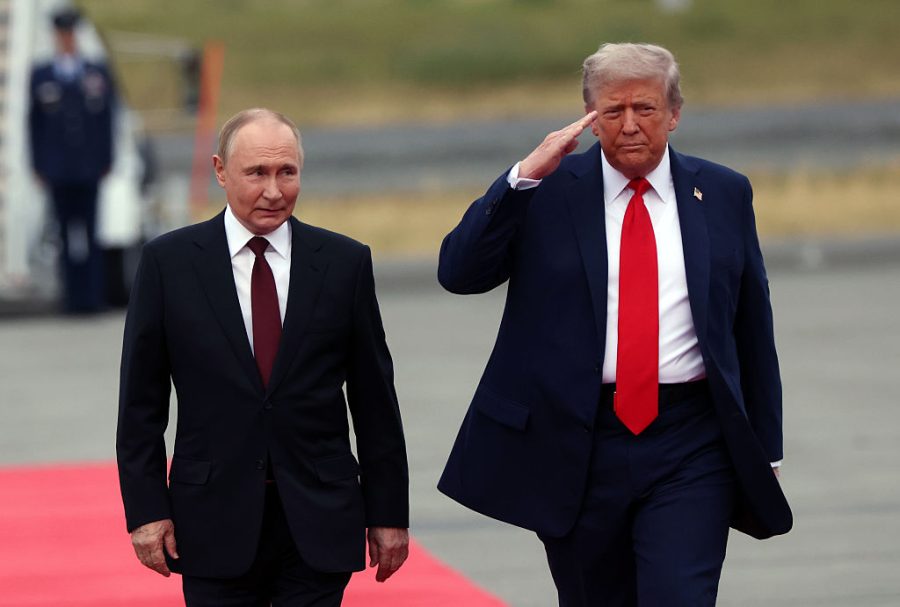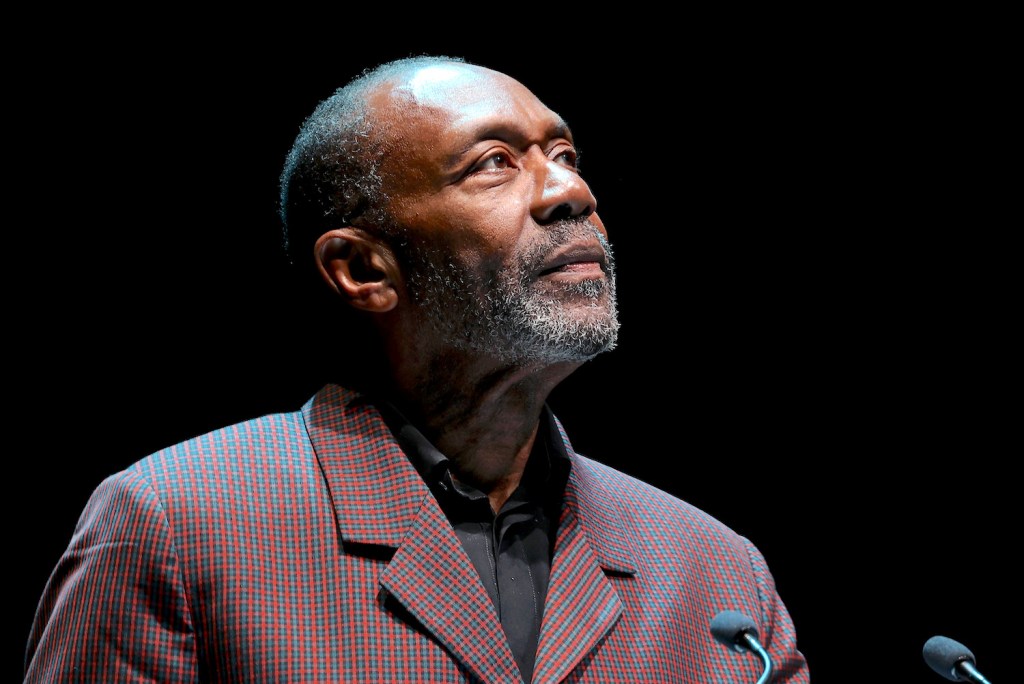It all began with such promise. Donald Trump would sweep away all the failures of past administrations, sit astride the globe like a Nobel Prize winner in the making and solve the world’s seemingly unresolvable security challenges.
To be fair, it has only been eight months since he began his second term in the White House. But it is a fact that Trump has struggled to bring the force of his personality and chutzpah to bear in trying to end the wars in Ukraine and Gaza, as he pledged he would in short shrift during his presidential campaign.
His return to the White House was supposed to be the start of a Trump era on the world stage, a period in which dramatic diplomatic breakthroughs would cement his legacy as a peacemaker. America’s adversaries would be forced to make deals or suffer the consequences.
Putin is now testing Trump and Nato to the limit
Increasingly, however, it is becoming a Putin era. The Russian leader faced world condemnation for his invasion of Ukraine, and yet three years and seven months later, he and the war economy he has built despite international sanctions have not just survived but flourished. Putin, not Trump, has turned out to be the master playmaker and game changer.
As Trump and First Lady Melania arrive in the UK for an unprecedented second state visit, the president has little to boast about when it comes to Ukraine or Gaza. Both Putin and Benjamin Netanyahu have largely ignored his entreaties and interventions, despite a plethora of meetings, phone calls, public pronouncements and hints from Trump that at any moment there would be a ceasefire or an end to the wars.
There was no greater expectation of a breakthrough on Ukraine than when Trump and Putin met at the American military base outside Anchorage in Alaska. Most analysts thought it was at least a positive move that Putin had asked for the summit.
However, on reflection, above all, Putin wanted to be back on the world stage – especially with the international war crimes warrant for his arrest still hanging over him. He calculated that if he offered to meet Trump, the US president wouldn’t be able to resist the glamour of such an occasion, and it would be greeted as a signal of Putin’s readiness to negotiate with his old friend.
The result, however, after the red carpet welcome, was that Putin returned to Moscow, having made it impossible for Trump to impose the heavy sanctions he had threatened if the Alaska summit failed to bring peace in Ukraine. The Russian president then proceeded to launch a series of unprecedentedly large-scale drone and missile attacks, including, for the first time, strikes on government buildings in Kyiv.
Those promised sanctions against Russia have still not materialised, more than a month later, and now Trump is hedging his bets and saying he will only take this action when Nato stops buying Russia’s cheap oil. Turkey, a prominent alliance member, is the third largest buyer of Russian oil after China and India. Hungary and Slovakia also continue to import Russian oil and gas.
For Putin, who relies on exports of Russian energy to fund his war machine, Trump’s hesitation to use the big stick against him will be seen not just as a sign of weakness but as perfect evidence of the Russian leader’s cunning strategy to pretend to woo the US president while patently carrying on regardless with his objective of smashing Ukraine into oblivion.
The same disregard for Trump’s leadership is evident in the way Benjamin ‘Bibi’ Netanyahu has played along with the constant back-and-forth diplomatic visits, paying court to the American president’s envoys – Marco Rubio, the secretary of state, is the latest to arrive in Israel. But while he talks, Israel Defence Forces are pounding Gaza city, demolishing tower blocks and warning its 1.3 million residents to leave.
Rubio is in Jerusalem principally to get across the White House’s disapproval of Israel’s bombing of Hamas political-hierarchy targets in Qatar on 9 September. The bombing, carried out without consultation with Washington, has landed Trump and Rubio with an excruciatingly tricky dilemma because of the vital strategic alliance the US shares with Qatar. The Gulf state hosts about 10,000 US troops at al Udeid airbase, home of US Central Command’s forward operating missions for the whole of the Middle East.
Both Trump and Rubio appear to be tiptoeing around the challenge that Netanyahu continues to pose, even though they have the power and the leverage to stamp their feet and demand change. However, Washington is backing off from confrontation. The beneficiaries are Putin and Netanyahu.
Putin is now testing Trump and Nato to the limit by sending drones into Poland and also Romania. Alliance leaders have reacted with horror and come up with a belated strategy to build up air defences along the border with Russia on Nato’s eastern flank. But the truth is, Putin will get away with this infringement of Polish and Romanian sovereignty like he always does because Nato won’t want to escalate the situation too much.
Next time Putin will double the number of drones and then add a cruise missile or two. He will watch Nato’s response. But still he will be the one to laugh. This is Putin’s time and unless Washington does something pretty drastic, it will remain Putin’s time throughout Trump’s second administration.







Comments